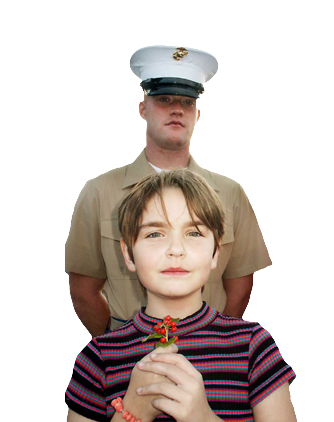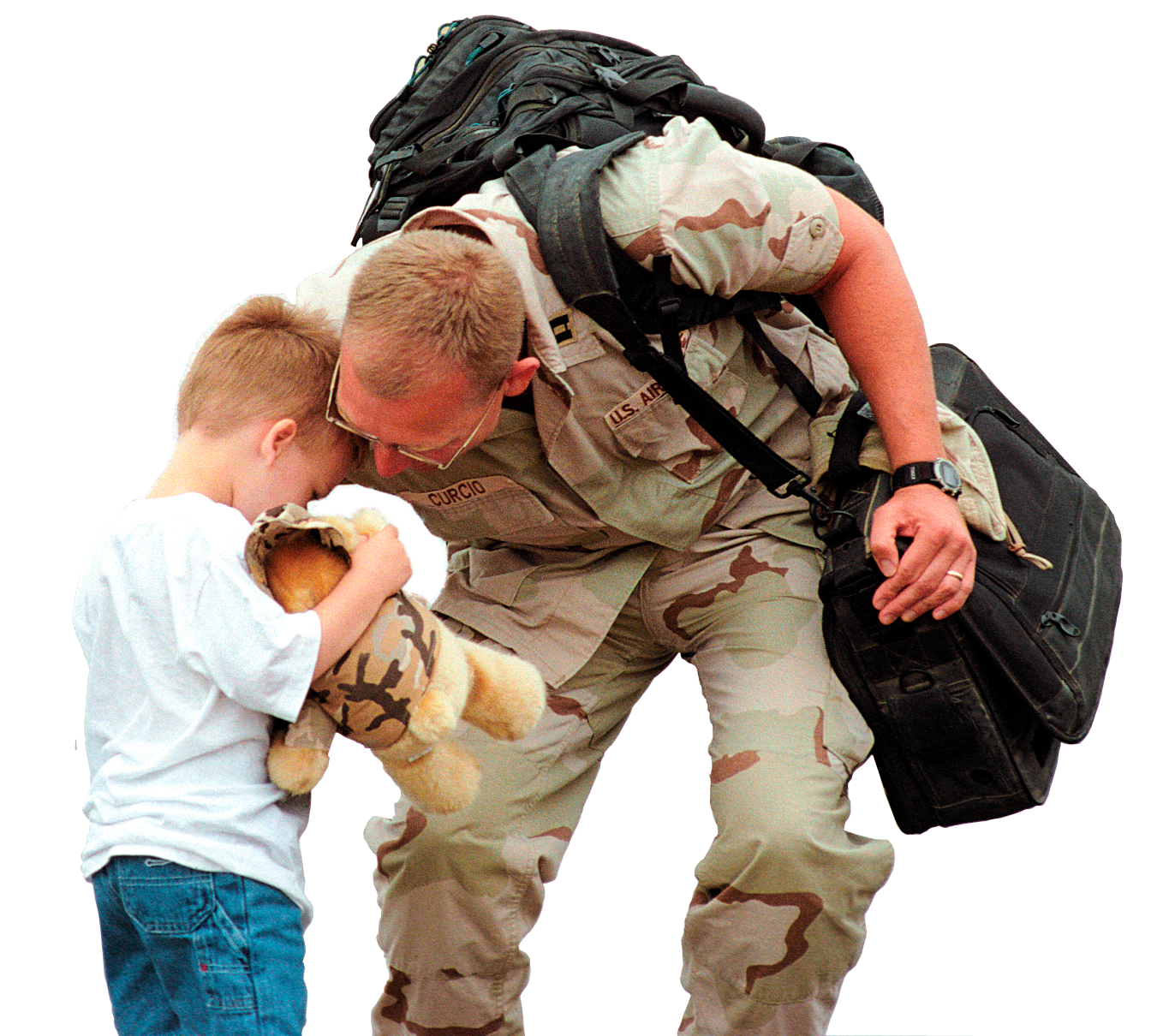[caption id="attachment_4377" align="alignleft" width="299"] Air Force Capt. Rob Marshall prepares to ski down from the summit of Mt. Elbrus, the highest peak in Russia, with fellow airman and mountaineer Capt. Mark Uberuaga, now with the 55th Rescue Squadron, Davis-Monthan Air Force Base, N.M., after completing their first climb as part of the U.S. Air Force Seven Summits Challenge in July 2005. The challenge is an endeavor for Air Force members to carry the Air Force flag to the highest point on each continent and to be the first U.S. military group to conquer all seven peaks. Marshall is a member of the 8th Special Operations Squadron at Hurlburt Field, Fla. Courtesy photo[/caption] HURLBURT FIELD, Fla. – Two Air Force captains have set their sights to conquer Antarctica’s highest mountain.
Air Force Capt. Rob Marshall prepares to ski down from the summit of Mt. Elbrus, the highest peak in Russia, with fellow airman and mountaineer Capt. Mark Uberuaga, now with the 55th Rescue Squadron, Davis-Monthan Air Force Base, N.M., after completing their first climb as part of the U.S. Air Force Seven Summits Challenge in July 2005. The challenge is an endeavor for Air Force members to carry the Air Force flag to the highest point on each continent and to be the first U.S. military group to conquer all seven peaks. Marshall is a member of the 8th Special Operations Squadron at Hurlburt Field, Fla. Courtesy photo[/caption] HURLBURT FIELD, Fla. – Two Air Force captains have set their sights to conquer Antarctica’s highest mountain.
 Air Force Capt. Rob Marshall prepares to ski down from the summit of Mt. Elbrus, the highest peak in Russia, with fellow airman and mountaineer Capt. Mark Uberuaga, now with the 55th Rescue Squadron, Davis-Monthan Air Force Base, N.M., after completing their first climb as part of the U.S. Air Force Seven Summits Challenge in July 2005. The challenge is an endeavor for Air Force members to carry the Air Force flag to the highest point on each continent and to be the first U.S. military group to conquer all seven peaks. Marshall is a member of the 8th Special Operations Squadron at Hurlburt Field, Fla. Courtesy photo[/caption] HURLBURT FIELD, Fla. – Two Air Force captains have set their sights to conquer Antarctica’s highest mountain.
Air Force Capt. Rob Marshall prepares to ski down from the summit of Mt. Elbrus, the highest peak in Russia, with fellow airman and mountaineer Capt. Mark Uberuaga, now with the 55th Rescue Squadron, Davis-Monthan Air Force Base, N.M., after completing their first climb as part of the U.S. Air Force Seven Summits Challenge in July 2005. The challenge is an endeavor for Air Force members to carry the Air Force flag to the highest point on each continent and to be the first U.S. military group to conquer all seven peaks. Marshall is a member of the 8th Special Operations Squadron at Hurlburt Field, Fla. Courtesy photo[/caption] HURLBURT FIELD, Fla. – Two Air Force captains have set their sights to conquer Antarctica’s highest mountain.Capt. Rob Marshall, with the 8th Special Operations Squadron, and Capt. Graydon Muller, with the 6th SOS, will depart here tomorrow en route to the world's coldest continent, with the goal of scaling the 16,076-feet-high Vinson Massif. The captains believe that their task dovetails with the Air Force Special Operations Command's focus on physical fitness and its motto: “Any Time, Any Place.â€Â"We think it fits well with the military mindset," Muller said. "There's a lot of teamwork involved in mountaineering, a lot of goal-setting, a lot of risk management." The climb is part of the U.S. Air Force Seven Summits Challenge, whereby Air Force members endeavor to carry the Air Force flag to the highest point on each continent and to be the first U.S. military group to conquer all seven peaks. "The Seven Summits is about airmen setting a goal that some would think would be unobtainable and gutting it out to achieve it," Marshall said. "It's about camaraderie and pushing each other to achieve new heights." Air Force climbers have conquered Asia’s Mount Elbrus, at 18,510 feet; Africa’s Mount Kilimanjaro, 19,340 feet; Argentina’s Mount Aconcagua, 22,834 feet, and Alaska's Mount McKinley, at 20,300 feet high. Antarctica’s remoteness, extreme temperatures and potential for hazardous winds make the endeavor uniquely challenging. Vinson Massif is part of the Ellsworth Mountains, which rise majestically and menacingly from the icy landscape. Largely due to its isolation, Mount Vinson was the last of the seven summits to originally be scaled. It was as recently as 1966 that an American team sponsored by the National Geographic Society first submitted the peak. The captains said transportation remains an obstacle to this day. "Probably the most significant hurdle we ran into was getting to Antarctica and close to the mountain," Marshall said. "There's only one commercial company in the world that flies you to Antarctica." Their route will bring them by way of Punta Arenas near the southernmost tip of Chile, the closest landmass at more than 600 nautical miles away. After two days of preparations in Chile, the airmen will fly to Antarctica's travel hub, Patriot Hills, the continent's only privately-owned arctic base. From there, they will take a ski-equipped turboprop aircraft to Vinson Massif's base camp. "The other option was to ride a boat to the coast, then ski or dogsled to the mountain," Muller said. "It's doable, but it takes so much more time." Antarctica is a land of extremes. Southeast from the continent's highest point is the world's lowest exposed elevation, the Bentley Sub-glacial Trench, which descends 8,200 feet below sea level. Approximately 98 percent of Antarctica's landmass is covered by a vast sheet of ice which measures, at its thickest, more than 15,000 feet. This frozen sheath gives Antarctica an average elevation of 6,100 feet above sea level, the highest of all seven continents. Marshall and Muller admit that the thought of entering Mother Nature's untamed lair is a bit intimidating, but say their experience in AFSOC has helped prepare them for operating in such harsh conditions. The captains met with Dr. (Maj.) Michael McBeth, the 6th SOS’s flight surgeon, who has seven years of medical experience working with personnel in a wide range of environments to include cold weather, and Tech. Sgt. Tommy Ward, a 6th SOS medical technician and paramedic, who recently returned from a training course in high-altitude medicine. "We primarily discussed altitude illness and recognition of symptoms, prevention and self-treatment, as well as safety of the member and providing care and assistance to teammates," McBeth said. "We also discussed frostbite recognition and treatment, which was one of the things they were really concerned about due to the extreme cold of this environment as compared to some of their other climbs." The medics also provided the captains with individually-tailored travel medicine kits and training on how to administer treatments for both minor issues and more serious conditions such as altitude-related illnesses. "The special training the medics have been through was extremely useful," Muller said. "They obviously have a wide range of experience with all kinds of environments. At the 6th SOS we almost always have people spread across the six populated continents, so our medical team is constantly ready for anything." Embracing the principle of "train like you fight," the captains have been stair climbing with 60-pound backpacks and towing a weighted kayak to simulate pulling a supply sled. "I think it's awesome you can train for a 16,000-foot arctic mountain living in Florida at sea level when it's 70-degrees in November, purely using the facilities available to us on base," Marshall said. The training is the final piece of a puzzle the Seven Summits team has been building for several years. "You need a lot of experience to go to Antarctica," Marshall said. "The fact that we had two experienced climbers stationed together who could handle the funding and the schedule; it was too good an opportunity to pass up." The Air Force mountain climbers won't be alone. Once in Antarctica, they will join a group of fellow mountaineering enthusiasts eager to scale Mount Vinson's summit. "We ended up getting support from a mountaineering mentor, who happened to be going down to Antarctica at this time," Marshall said. "He basically said, 'Team up with me!'" The mentor, Phil Ershler, has conquered the Seven Summits and was half of the first husband and wife team to accomplish the feat. But beyond the glory of achieving a daunting task, and what will perhaps be a greater driving force in the captains' success than their training and preparation, is a humble reminder of what unites them as AFSOC personnel, airmen and U.S. servicemembers. "[The Seven Summits] has become a tribute to the U.S. servicemembers who have fallen in battle since 9/11," Marshall said. "We'll be placing a plaque on the summit in their memory." The captains’ expedition is expected to take two to three weeks. Nov. 23, 2010: By Air Force Capt. Lauren Johnson- 1st Special Operations Wing Public Affairs






